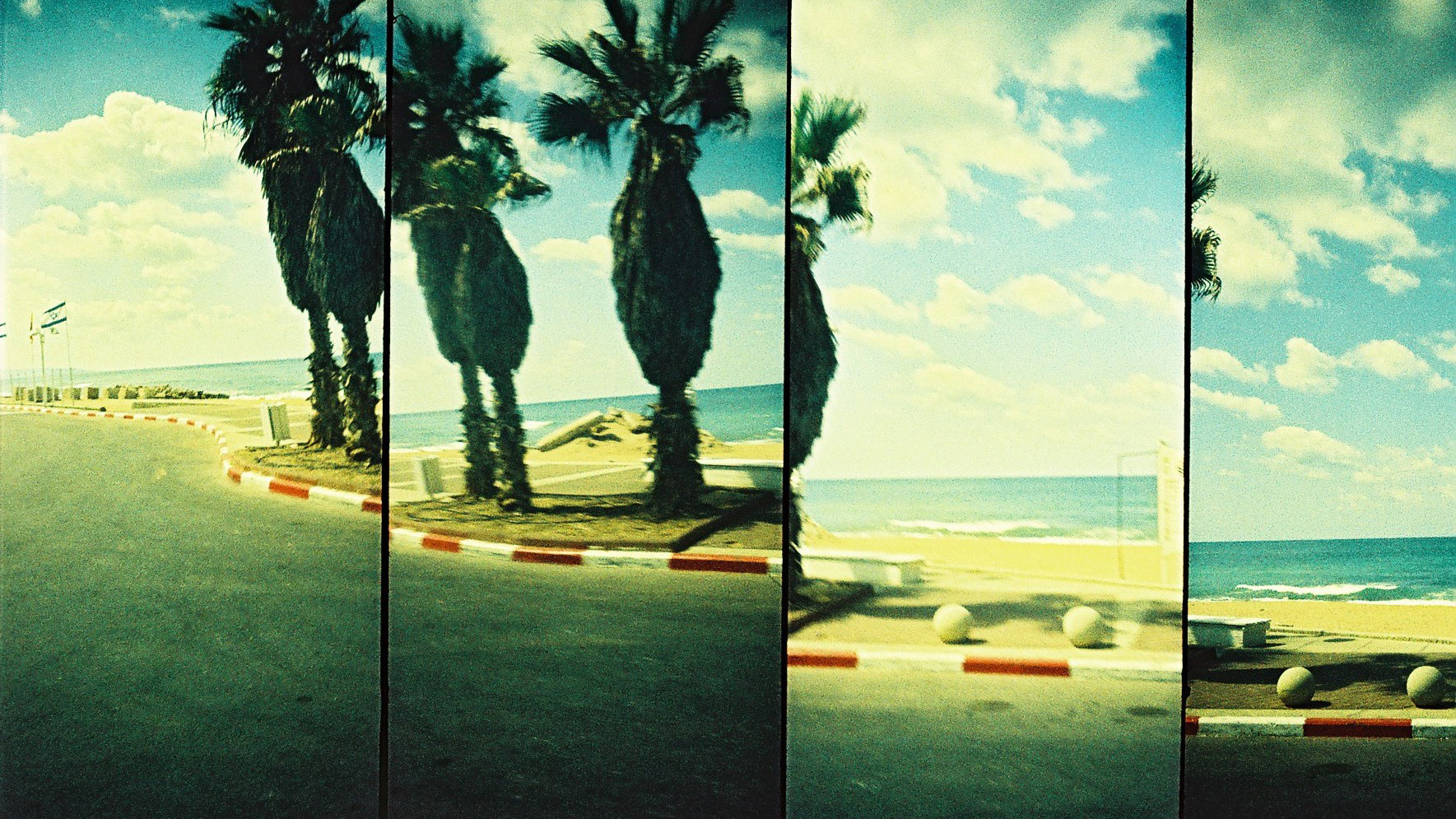Conflicts and Repetition: The Politics of Poetic Reiteration in Hebrew and Arabic Literatures
Liron Mor
Comparative Literature
UC Irvine
Conflict is the basic condition of both politics and literature. But what is conflict? Do we accept a normative definition of conflict as a zero-sum game between opposing sides, or do we err in the opposite direction by conceiving of political communities as chaotic? Moving beyond this dichotomy, this book outlines other, more productive logics of conflict by examining the Israeli-Palestinian conflict in a comparative study of Hebrew and Arabic literatures. It focuses on modes of textual repetition–quotations, allusions, metaphors–through which meaning is made multiple and conflicted. Analyzing their specific employment in the works of Haim Hazaz, Emile Habiby, Ghassan Kanafani, Dahlia Ravikovitch, and Elias Khoury, the book develops three models of conflict: irony, humor, and parody. Transcending the language of conflict management and resolution, “Conflicts and Repetition” thus offers alternative frameworks of coexistence premised on difference and disagreement. It thereby seeks to conceive of political thought and action beyond universals, drawing its theoretical insights from non-Western literary genealogies. Insisting that literature is not separate from but rather essential to understanding and reimagining conflict, this work brings poetics to bear on larger issues of violence, colonization, human rights, and the law as organizing principles of society.


